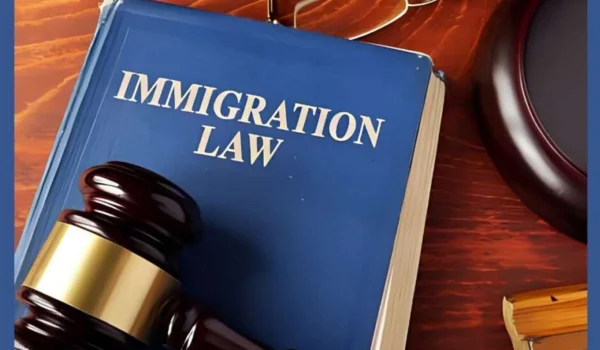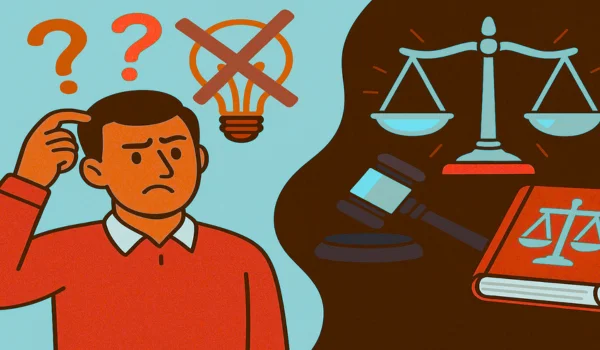
If you’re 17 and working (or planning to work) in Florida, you might think you’re free to work as much and whenever you like — but state law maintains specific protections even for older teens. Here’s a breakdown of what Florida’s child labor laws mean for 17-year-olds, including limits on hours, work conditions, and when exceptions apply.
The Legal Foundation: Florida’s Child Labor Law
Florida’s child labor rules are primarily codified in Chapter 450 of the Florida Statutes. These rules place restrictions on working hours, continuous work, safety, and break times for minors (those under 18).
Importantly, these state-level laws often go beyond federal protections: for example, Florida imposes stricter hour limits for minors than the U.S. Fair Labor Standards Act (FLSA) in some cases.
Hour Limits & Work Times for 17-Year-Olds
Here’s what Florida law specifically says about 16- and 17-year-olds (which applies to 17-year-olds):

- Night Work (School Days): If school is scheduled the next day, a 17-year-old cannot work before 6:30 a.m. or after 11:00 p.m..
- Maximum Daily Hours (School Days): On a school day (where there is school the next day), 17-year-olds may not work more than 8 hours in one day.
- Weekly Hours Limit: When school is in session, 17-year-olds are generally limited to 30 hours per week, unless a parent or custodian (or the school superintendent) signs a waiver allowing more.
- Working During School: On a regular school day, 17-year-olds may not be employed during school hours, unless they are enrolled in a career education program.
- Consecutive Work Days: They may not work more than 6 straight days (i.e., no more than 6 consecutive days in a week).
- Meal / Rest Breaks: If a 17-year-old works 8 hours or more in a day, they must have a 30-minute uninterrupted break.
Work Safety & Hazardous Jobs
- Florida law prohibits minors (under 18) from working in hazardous occupations that could be injurious to their health, safety, or welfare.
- These “hazardous occupations” are determined by the Department of Business and Professional Regulation (DBPR).
- However, there’s an important carve-out: the statute does not apply in the same way to minors working in the entertainment industry (e.g., acting, modeling).
Exceptions & Waivers
Florida’s law is not one-size-fits-all. There are some exemptions and ways to waive certain restrictions:
- A 17-year-old who has graduated from high school or earned an equivalent diploma is exempt from some of the above hour restrictions.
- A waiver can be granted by a school superintendent (or their designee) in cases of economic hardship or family emergency.
- Also, minors in home education programs or approved virtual schooling may have different rules under certain conditions.
Current & Proposed Legislative Changes
- There has been recent debate in Florida over rolling back some of these labor protections for 16- and 17-year-olds.
- A proposed bill (as of 2025) would allow 16- and 17-year-olds to work overnight, eliminate the 30-hour weekly cap during school, and remove the mandatory 30-minute meal break.
- This proposal has drawn criticism from child protection advocates, who argue it could exploit working teens.
- As of now, the existing rules (as per Florida Statutes) remain in effect.
Why These Rules Matter
- Balancing work and education: The limits are designed to ensure that working doesn’t interfere with school attendance and performance.
- Protecting health: Restrictions like night hours and break requirements help safeguard a minor’s physical and mental well-being.
- Preventing exploitation: A cap on hours, plus rules about hazardous jobs, reduce the risk that employers push minors into unsafe or excessive labor.
- Flexibility for special cases: Waivers recognize that some minors may need to work more (for income or emergency reasons), but there’s still oversight.
FAQ (for 17-Year-Olds in Florida)
Q1: Can a 17-year-old in Florida work overnight?
- Not when school is scheduled the next day: Florida law prohibits work before 6:30 a.m. or after 11:00 p.m. in that case.
- If it’s a holiday or weekend, or school isn’t scheduled the next day, different rules may apply.
Q2: Am I allowed to work more than 8 hours in a day?
- On a school day (with school the next day), 17-year-olds cannot work more than 8 hours.
- For non-school days or holidays, the restriction may not apply in the same way.
Q3: What about working during school hours?
- If you are not in a career education program, you cannot work during school hours on a school day.
- If you are part of a career education program, different rules apply.
Q4: Do I have to take a meal or rest break at work?
- Yes — if you work 8 hours or more, you must have at least a 30-minute uninterrupted break.
- Florida law treats breaks strictly — less than 30 minutes does not count as a break under some rules.
Q5: Are there jobs I’m not allowed to do because I’m 17?
- Yes — minors (including 17-year-olds) can’t be employed in “hazardous or injurious” occupations as defined by state law.
- But there are exemptions, e.g., for minors working in entertainment.
Q6: Can I work more hours if I graduated high school?
- Possibly. Many of the restrictions (hours, days) do not apply if the 17-year-old has graduated from high school or earned a high school equivalency.
Final Thoughts
For 17-year-olds in Florida, child labor laws offer significant protections — but they’re not absolute. These rules strike a balance between letting teens gain work experience and protecting their education, health, and well-being. If you’re a teen worker (or an employer hiring teens), it’s important to understand these laws to make sure you’re in compliance and making safe, lawful choices.
Because the legal landscape is changing (with proposed bills aiming to relax some restrictions), both employees and employers should stay updated. If you’re unsure about how the laws apply to your situation, consider checking with the Florida Department of Business & Professional Regulation (DBPR) or consulting a labor-law attorney.






